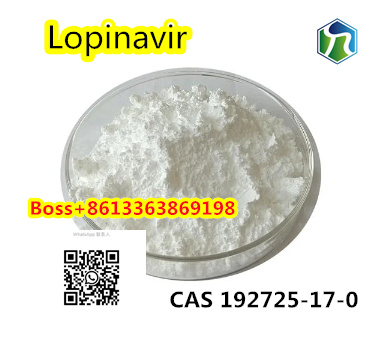
- +86-13363869198
- weimiaohb@126.com

Aug . 21, 2024 19:02 Back to list
Synthesis and Applications of 3-Chloropyridine in Chemical Reactions and Industry
3-Chloropyridine A Comprehensive Overview
3-Chloropyridine, with the Chemical Abstracts Service (CAS) number 626-60-8, is a heterocyclic organic compound characterized by a pyridine ring substituted with a chlorine atom at the 3-position. This compound is integral in various chemical processes and finds applications across multiple industries, particularly in pharmaceuticals, agrochemicals, and fine chemicals.
Chemical Structure and Properties
Pyridine, itself a six-membered aromatic ring containing one nitrogen atom, offers a versatile platform for substitution reactions. In the case of 3-chloropyridine, the introduction of a chlorine atom at the 3-position enhances its chemical reactivity and alters its physical properties. The molecular formula for 3-chloropyridine is C5H4ClN, and it has a molar mass of 129.54 g/mol. The compound appears as a colorless to pale yellow liquid with a characteristic pungent odor. It has a boiling point of approximately 171 °C and a melting point around -3 °C, showcasing its liquid state under standard conditions.
Synthesis and Production
The synthesis of 3-chloropyridine can be achieved through several methods. One common approach is the chlorination of pyridine using chlorine gas or other chlorinating agents. Alternatively, 3-chloropyridine can be synthesized through nucleophilic substitution reactions, where suitable reagents are used to introduce the chlorine atom into the pyridine ring. The efficiency and yield of these processes can vary based on parameters such as temperature, pressure, and the presence of solvents or catalysts.
Applications
china 3-chloropyridine cas 626-60-8

3-Chloropyridine serves as a crucial building block in organic synthesis. One of its primary uses is in the pharmaceutical industry, where it acts as an intermediate in the production of various medicinal compounds. Its ability to modify biological activity makes it a valuable entity in developing anti-inflammatory drugs, antitumor agents, and other therapeutics.
Additionally, 3-chloropyridine is utilized in the manufacture of agrochemicals, particularly pesticides and herbicides. Its chemical properties enable the creation of effective agents that can control unwanted plant growth and pests in agricultural settings, thus boosting crop yields and contributing to food security.
In the field of materials science, 3-chloropyridine is involved in synthesizing polymers and other functional materials. Its reactivity allows it to participate in polymerization reactions, leading to new materials with tailored properties for specific applications, including coatings, adhesives, and electronic components.
Safety and Handling
While 3-chloropyridine is a valuable chemical, it must be handled with care. It is classified as a hazardous substance due to its potential harmful effects. Exposure can occur through inhalation, ingestion, or skin contact, leading to irritation or other adverse health effects. Consequently, it is essential to use appropriate personal protective equipment (PPE) and follow safety guidelines when handling this compound. Strict regulations govern its use, transportation, and disposal to mitigate environmental impact and protect human health.
Conclusion
In summary, 3-chloropyridine (CAS 626-60-8) is a significant compound in various chemical industries, boasting a wide range of applications from pharmaceuticals to agrochemicals. Its unique chemical properties and reactivity make it a crucial intermediate in organic synthesis. However, the importance of safety and environmental considerations cannot be understated, as awareness and proper handling are essential to harnessing the benefits of this compound while minimizing risks. As research and development continue, the role of 3-chloropyridine in advancing technology and improving quality of life remains vital.
-
GS-441524 White Liquid Production for Factories | AI-Optimized
NewsAug.02,2025
-
AI-Optimized CAS: 79099-07-3 Factories for High Yield
NewsAug.01,2025
-
Premium CAS 1451-83-8 Factory with GPT-4 Turbo | AI-Optimized
NewsJul.31,2025
-
Pharmaceutical Intermediates - AI-Optimized Synthesis & Purity
NewsJul.31,2025
-
Top CAS: 79099-07-3 Factories & Wholesale Supplier from China
NewsJul.30,2025
-
High-Quality GS-441524 for White Liquid Type Factories & Suppliers
NewsJul.29,2025